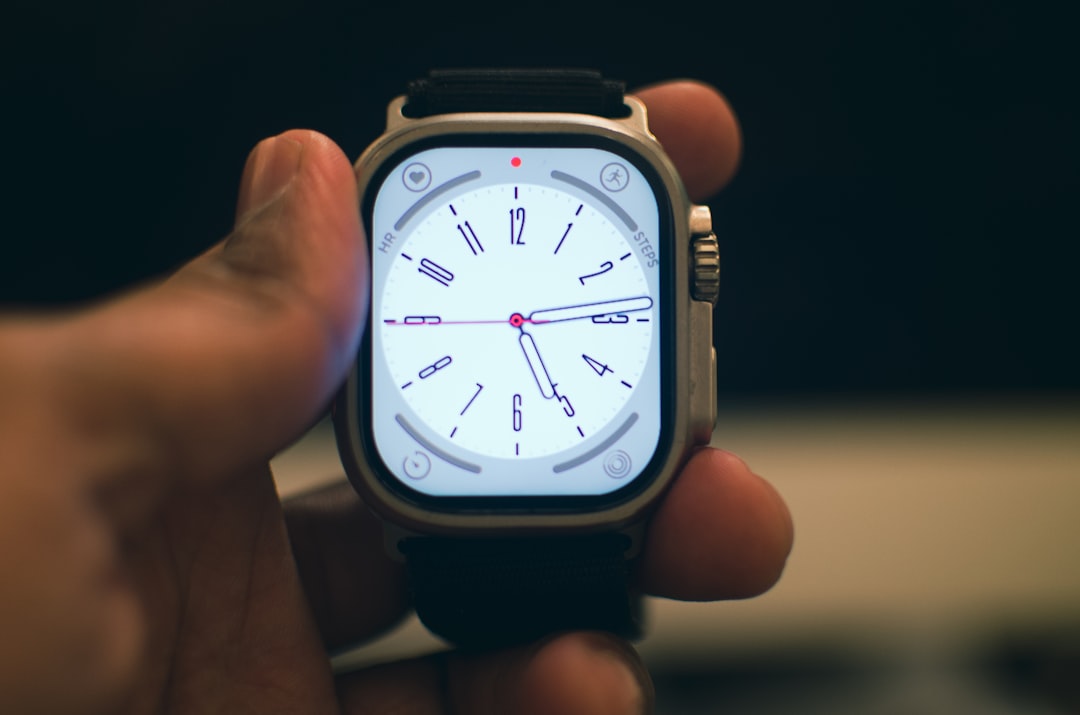Apple’s relentless pursuit of technological advancement continues to chart new waters, potentially sidelining ambitious plans from other tech giants like OpenAI before they can even get off the ground. While OpenAI has shown monumental success and influence in software and artificial intelligence, its initiative to enter the hardware domain could face challenges from established players like Apple, who are already pioneering innovations in wearables and beyond.
When OpenAI initially announced its intentions to venture into the hardware sector, industry insiders were intrigued but not overwhelmingly skeptical. After all, here was a company with a track record of transformative AI technologies, particularly with their ChatGPT and GPT-3 models, which have revolutionized conversations and human-machine interactions. The idea of an AI-saturated hardware offering from OpenAI held considerable promise. However, the playing field they entered is predominantly ruled by stalwarts already deeply embedded in consumer habits and technology ecosystems.
As Apple continues to expand its ecosystem vigorously, its wearables category, led by the Apple Watch, epitomizes a cardinal success story of integrating seamless technology into daily life. The Apple Watch is no longer just a gadget to complement iPhones. It offers health monitoring, fitness tracking, communication, entertainment, and, most importantly, it is equipped with a processing power that is itself a mini marvel.
This robust foray into multifunctionality stakes a significant claim in the sprouting field of personal tech, making any new player’s entry particularly daunting. OpenAI would not just need to match Apple’s offerings, but decisively provide innovation that surpasses it — a considerably high bar given Apple’s entrenched market position and consumer loyalty.
One striking aspect of Apple’s wearables is their health monitoring capabilities, sometimes cited as a near-life-saving feature due to its accurate health metrics and emergency alerts. Here, the competition would not only focus on technological prowess but on formulating a profound trust relationship with the users like Apple has. OpenAI’s hardware dreams would need to tip scales greatly in both innovation and consumer confidence to sway existing Apple Watch users or to lure new adopters.
OpenAI’s collaborative ties with Microsoft have injected a valuable resource network, but Apple’s independent hardware development and custom Silicon have provided them with an unmatched edge in terms of performance optimization and resource efficiency. The recent Apple Silicon technologies demonstrate superior computational capabilities but with a significant emphasis on power efficiency and seamless integration that has been a longtime hallmark of Apple products.
This aspect of integration and optimization could stand as a formidable challenge for OpenAI. Could they conceive hardware as coherent and cohesive as Apple’s, which consistently stresses the smooth interaction between every part of its ecosystem?
Meanwhile, users anticipate that the intersection of AI and hardware will lead to an extraordinary transformation in technology usage and capabilities. The AI knowledge that OpenAI holds is immense, and there lies potential for unprecedented advances should they successfully meld it with novel hardware solutions.
Despite these challenges, the hardware ambition of OpenAI is a game-changing undertaking. While entering the competition-laden hardware sector dominated by established players like Apple, OpenAI offers a unique standpoint of infusing cutting-edge AI in real-time applications through hardware.
Yet, the question remains whether OpenAI will opt to simultaneously present a consumer product to directly rival titans like Apple or pursue a more niche or specialized market, possibly targeting professional fields where they might combine their AI prowess with hardware.
In conclusion, OpenAI’s foray into the hardware landscape is ambitious and filled with intricate challenges but holds the potential to reshape the domain if tackled with the right innovations and strategies. Apple’s relentless push towards technological integration and consumer-centric advancements portrays a formidable mountain to climb, ensuring an exciting future in technological development and competition.
Tech Column
The Apple Watch
















Leave a Reply